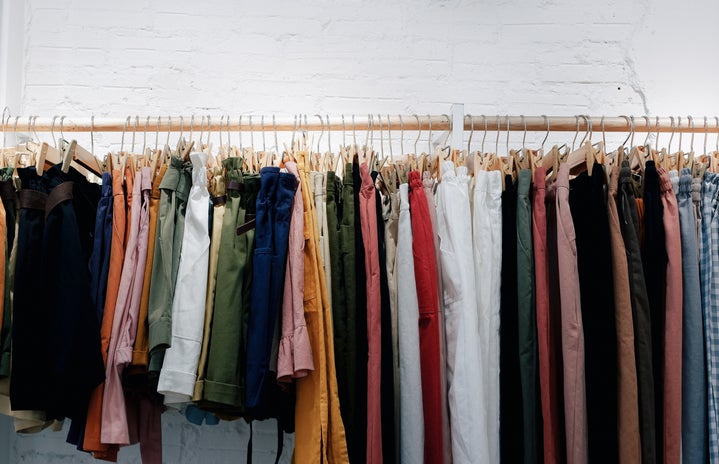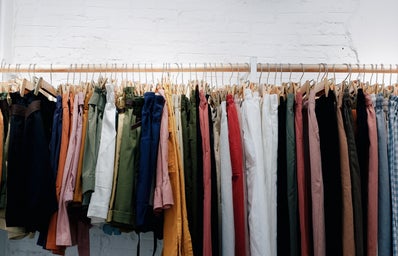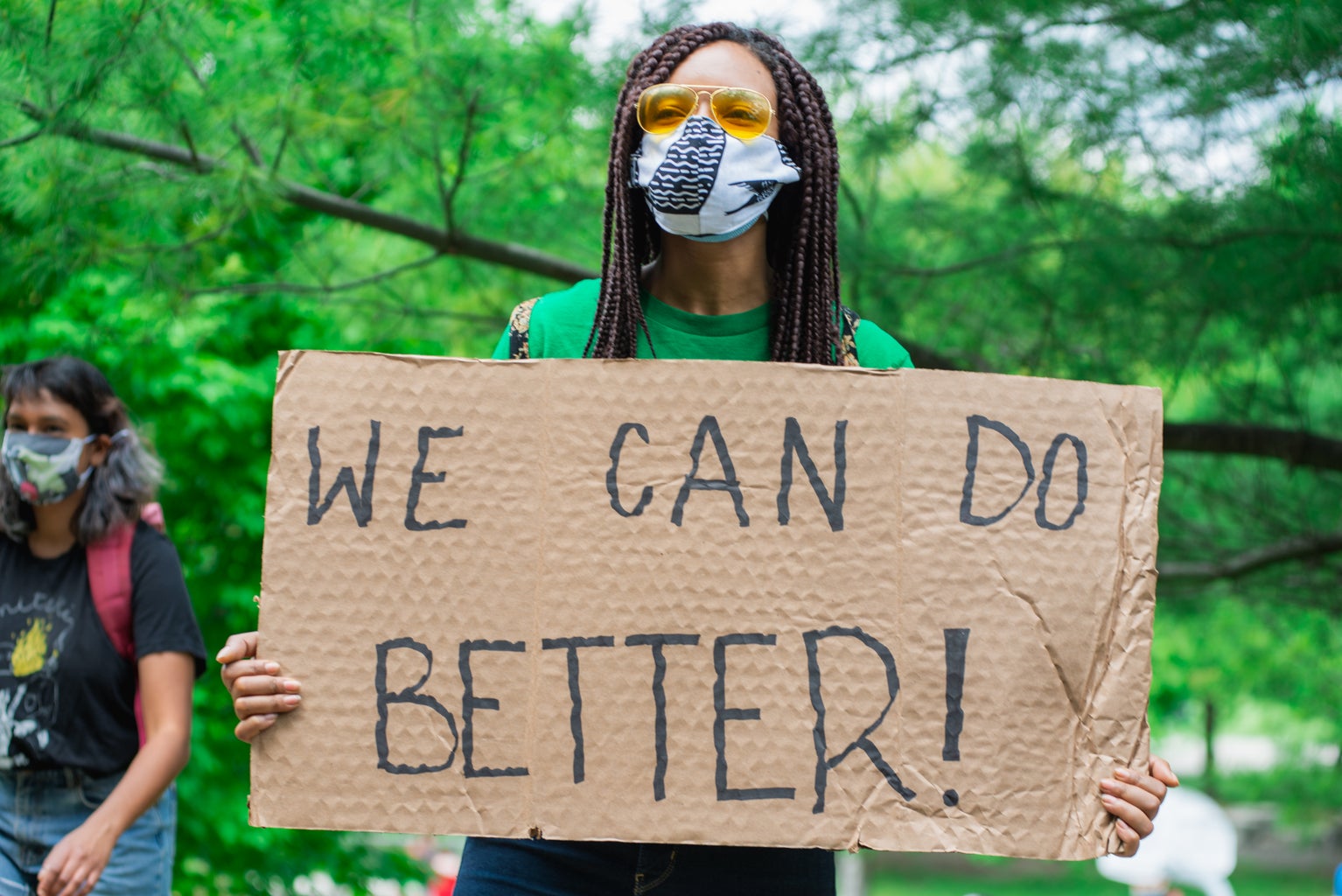“The activist is not the man who says the river is dirty. The activist is the man who cleans up the river.”
– Ross Perot
We live in a time brimming with easy access to information; if you want to know about something, all you have to do is search online and the information is readily available.
A positive aspect of this phenomenon is that consumers have access to information that can help inform them on making more sustainable choices. A testament to this is the fact that, as consumers, Gen Z and Millenials are more conscious than any other generation has been. In fact, a report commissioned by the WWF found that the demand for sustainable goods has increased by 71 percent since 2016.
Given this rise in conscious consumerism, brands are facing the pressure of becoming more ethical producers as well as increasing the transparency of their practices.
So, it’s clear that conscious consumerism makes an impact, but what exactly is it?
Conscious consumerism refers to buying practices that are driven by a consumer’s commitment to making purchasing decisions that have a positive social, economic, and environmental impact. This is important because there are a shocking amount of social injustices and climate disasters that happen every day from racially motivated acts of aggression to devastating earthquakes, and purchasing or increasing your demand for a product/service that stands for something that can make a difference to the world is far more important, necessary, and impactful than buying into a brand that does not. Thus, conscious consumption is an effective way of proactively combating environmental degradation, human waste, and pollution.
Additionally, being a conscious consumer demands a sense of accountability from businesses. It fuels an increase in positive business practices, such as ESG reports and policies, and can pressurize governments to enact standards, legislation, and policies that ensure that negative social and environmental impacts are mitigated by corporate entities.
To get you started on your conscious consumerism journey, I’ve compiled a list of seven brands, along with a brief description of how each brand supports and incorporates positive social and environmental practices.
- Bliss – is a B Corp certified, clean, cruelty-free, and planet-friendly skincare brand. B-Corp certification is given to businesses that meet the highest standards of social and environmental performance, transparency and legal accountability.
They have a partnership with Terracycle which allows them to recycle all their used products in accordance with zero-waste. In addition, Bliss’ packaging is one hundred percent recyclable, and the brand only uses clean, ethically sourced quality ingredients that adhere to strict European Union standards (the highest in the world for skincare safety). Bliss also provides funding to the anti-racism research policy centre and supports the Trevor Project.
2. The Tree -St Andrews – is a student-run food cooperative that makes purchasing locally sourced, organic, and fairtrade produce easy for students. Students can place an online order and pick it up on campus.
3. Amare Antwerp– is a designer bag brand. Their products are handcrafted, vegan, and use recycled materials. Amare donates a portion from each product sold to animal welfare organisations such as r.e.s.c.u.e (an elephant sanctuary in Kenya). Importantly, Amare uses vegan leather (specifically Nopal Cactus) to make their products, and recycled paper is used for packaging ( boxes, dustbags, tissues, invoices, and shipping labels).
4. Allbirds- creates environmentally friendly activewear with products made from wool, recycled plastic bottles, and cardboard. Not only do Allbirds’ owned and operated facilities run on one hundred percent renewable energy, the brand also provides a detailed description of its carbon footprint and sustainability initiatives – a plus point for transparency.
5. Av.re – is a US-based shoe store with a goal to transform the male-dominated shoe industry by creating a “sustainable footwear brand for the empowered woman”. It uses recycled plastic bottles to make trendy and comfy footwear. In fact, each pair of shoes uses eight to ten plastic bottles that would otherwise end up in a landfill or ocean.
6. Peace With the Wild UK- is a small, family-run business that works with independent and sustainable brands across the UK. The brand prides itself on using natural, UK-based ingredients. The products sold are packaged in reusable, recyclable, or biodegradable materials. Peace With the Wild also has a refill store, which is located in Epworth, North Lincolnshire.
7. We Earth London – also serves as an online marketplace for sustainable products. It works with over 250 independent, eco-friendly, and ethical brands. In terms of packaging and delivery, it does its best to minimize plastic in packaging and give consumers a detailed insight to what the packaging is used for and the packaging of each product. It also offers carbon-neutral shipping. We Earth London’s products range from pantry staples, such as organic pasta, to jewellery, clothes, furniture, etc. It also has a filter by values option – some of the options include social contribution, plastic-free, vegan-friendly etc.
As you can see, there are plenty of options available to shop ethically and sustainably. For more options check out Eco-Business– a directory of ethical and sustainable business in the UK. Buddlet is also an app (co-founded by a fellow St Andrews student) that helps you “discover eco-friendly swaps and build environmentally conscious habits into your life”.
Happy sustainable shopping!



